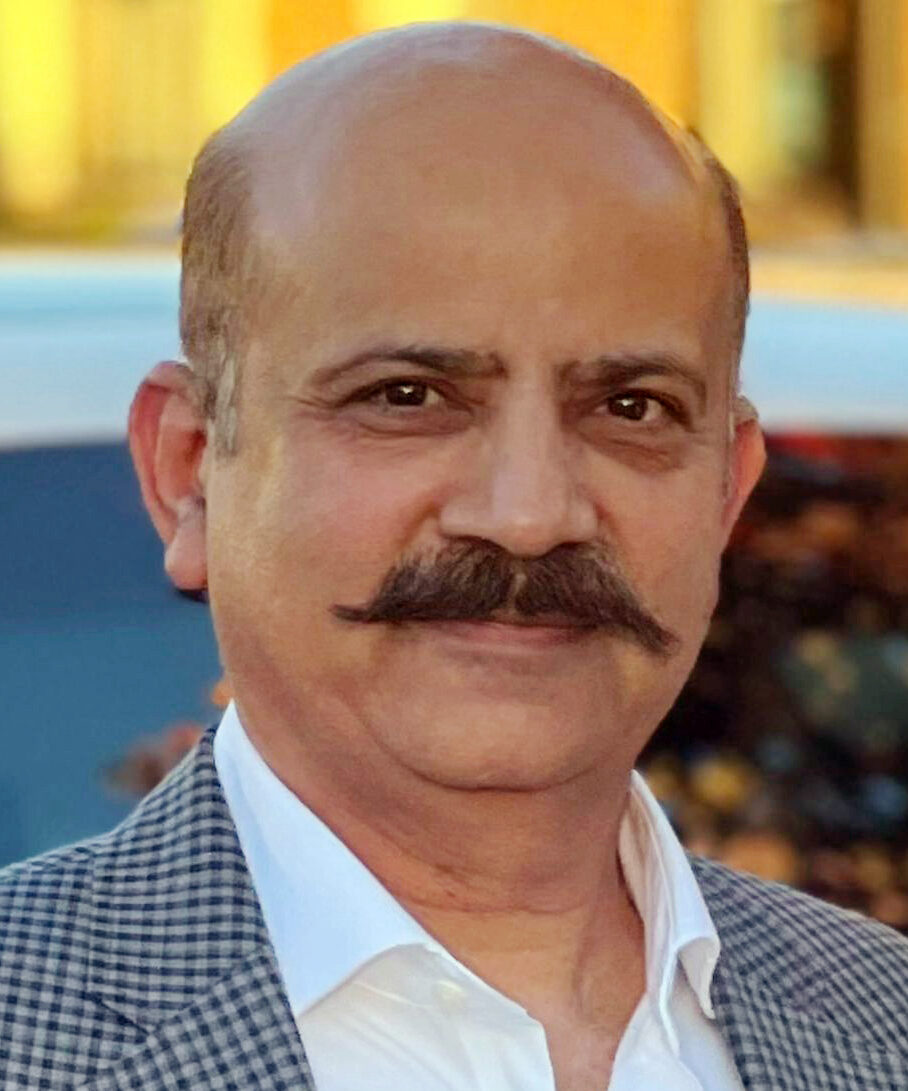Boyd Holbrook Unpacks Why There Wasn’t “A Lot Of Conversation” On The “A Complete Unknown” Set

Warning: This article contains spoilers for A Complete Unknown.
The A Complete Unknown press tour has been a bit of a wild ride and yes, by that I’m referring to Timothée Chalamet pulling up to the London premiere on a grimy Lime bike, among other things.
The biopic follows the rise of Bob Dylan (played by Chalamet) from his first introduction to the music scene in 1961. We see how Dylan’s ‘sound’ evolves, takes shape — and even causes an uproar during a time when folk music was a plain and simple art.
View this video on YouTube
While exploring the love-triangle Dylan shares with Sylvie Russo (Elle Fanning) and Joan Baez (Monica Barbaro), the film shines light on another important relationship in his life — a penpal-ship with singer, Johnny Cash.
View this video on YouTube
Boyd Holbrook is unrecognisable in the film, transforming himself and encompassing the role of Johnny Cash, who assumes an industry brother-figure position in Dylan’s story.
BFOZ: Our first introduction to Johnny Cash’s voice in the film comes without really seeing his face, but we can almost immediately tell that it holds authority and almost feels like a guidepost for success and friendship for Bob. What was the process like trying to match Johnny’s voice?
Boyd: It was really, a trying process. It didn’t happen overnight. I was just reflecting back on it a little while ago, how it seems like there’s just another couple of cavities of depth and Johnny Cash, for him to have that resonance.
I’ve worked for a couple months on just trying to hollow out that sound and his rhythm and his cadence. Just putting in earbuds and listening for hours and hours and hours of how he says a word — if he uses a diphthong in that word, rather than a triphthong. You know, the vowels that he uses and just the cadence, the clip that he speaks at. I absolutely love that.
You know I come from Appalachia region in Kentucky and we have a ‘twang’ there too. I had to through a lot of voice classes, so I could play other characters. I feel like in a way I kind of trained the last 15 years to be able to put a performance like this together.
BFOZ: Were there any particular source materials, songs or phrases that you would rely on to help you snap back into that Johnny Cash mindset (or way of acting)?
Boyd: Yeah, a couple of films ago on Bikeriders, I had audio files of the character that played recordings from the ’60s and that. So, I did the same kind of process for Cash.
I found two interviews that he has, and I learned them inside and out, and just did those so many times where I end up not just knowing that song, but I could have conversations, because I figured out, oh, that’s his rhythm. He speaks in this rhythm, it’s very hard to verbalise how subtly those changes are.
And that’s why we didn’t have a lot of conversations on set about stuff that didn’t really matter . . . like, ‘How’s your wife doing? How’s her pregnancy going?’. It just wasn’t in the tone [of the film].
And so . . . at lunch or whatever you go to, you just go back into these monologues that you’ve memorised. It just puts you back in a pocket, like, how a song is in E or a song is in D, you kind of know the ‘out of bounds’. You can just hear it. So, you just try to train your ear.
BFOZ: Johnny Cash’s life was full of very strange stories. While you were gearing up to take on this role, what was the weirdest or wackiest that you read? We saw that he got into a fight with an ostrich at one point.
Boyd: Yeah, I know that one. One is that he burnt down an entire forest and almost made the condor go extinct over a campfire. He was a pretty wild guy. He lived a rowdy life. Have you ever seen the picture with him eating cake in a bush? Look up Johnny Cash eating cake in a bush.
BFOZ: Do you have any strange or wacky stories of your own that could maybe rival Johnny’s?
Boyd: No cake. There’s no pictures of me eating cakes in bushes, but there’s been some episodes that I…don’t want to incriminate myself with.
BFOZ: You mentioned this clear cut working dynamic on set and in previously mentioned that you and Timothée both had a “work is work, when it’s over it’s over” type of thing. Was there are conversation that you guys had, to really draw that boundary?
Boyd: Yeah it was at the Newport Festival. You’re with someone in proximity, so close, and even after a while if you don’t have a conversation, it’s kind of weird. It is awkward. It would be awkward if you’re not going to get to know this person at day 10 like, “I still don’t really know anything about you really”.
And then I think Timmy looked over and said that we only got a couple weeks left and when it’s over, it’s over. And I just nodded back and I respected him so much for saying that. I loved it, and I almost encouraged him like “Carry on, man”.
BFOZ: I know there wasn’t a lot of speaking interactions between your character, Elle Fanning and Monica Barbaro on screen — but what was it like being in that energy with them, especially those scenes where you guys are standing side stage while Bob’s performing?
Boyd: I was really, really blown away at Monica’s singing. I mean in the film, it’s almost angelic. It’s so spiritual, it’s amazing. And I don’t think she had any training. So, those surprises were happening all the time.
And Elle is just so…she’s like a blossom of brightness and energy. It is contagious. It is really nice to be around. It’s nice to know that these people care as much as you do to be a part of this, and are as focused as you are, because these films are these marathons of focus.
BFOZ: Is there anyone from the set that you miss? Did you have an on-set best friend that you would often interact with?
Boyd: I’d worked with Norbert [Leo Butz] — who played Alan Lomax — before and that was funny. We would always — it never made it to the film — but I kept always acting like I didn’t know who he was whenever our characters were in the same scene. And that was funny. I was always throwing shade at him, but I don’t think it ever worked.
This one particular scene, he’s like, “Hey, I’m Alan Lomax, I run the festival”. I was like, “Never heard of you” and just blow by him. His face is just like [shocked]. I always liked to screw around. I call it cutting up, say have a good crack.
BFOZ: And finally, there were so many cigarettes flying around on the set, and I think plenty of fans that have already seen the film are curious to know — what do you think the cigarette budget was for the film? Were they fake? Were they real? And what’s the secreet to not inhaling the smoke?
Boyd: Well, spoiler alert, the cigarettes are clove cigarettes. So, they’re non-toxic, I think, or non-carcinogenic. I’d say $5000.







